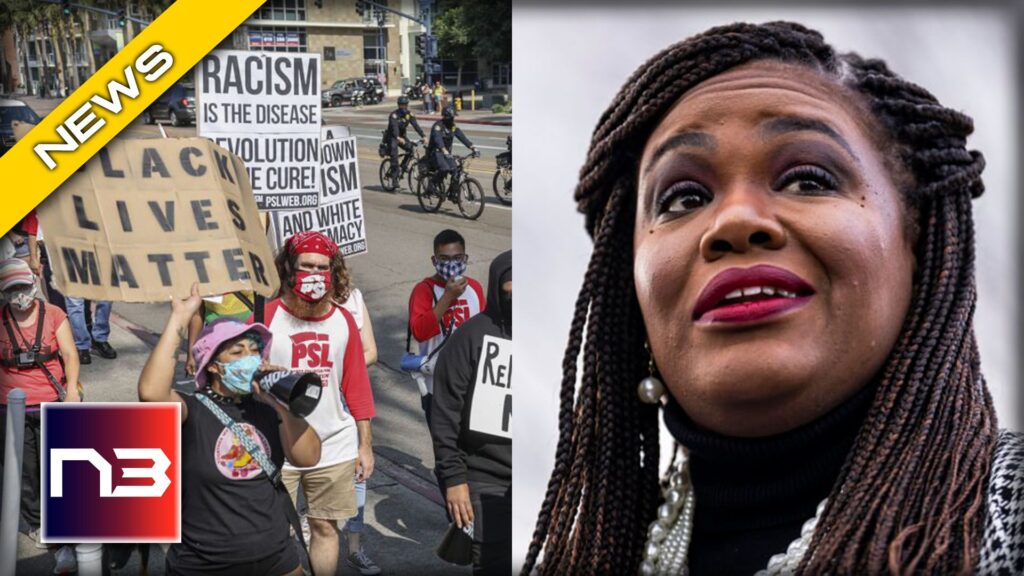Get ready for a bombshell! Congresswoman Cori Bush has ignited a firestorm with her $14 trillion reparations resolution. The battle lines are drawn as the controversial proposal seeks to rectify the historic injustices faced by black Americans. Will this be a monumental step towards equality or a divisive political maneuver? Brace yourself for an in-depth look at the motivations, reactions, and potential consequences of this groundbreaking legislation.
Congresswoman Cori Bush (D-MO), a prominent member of the far-left “Squad” in Congress, has introduced a resolution demanding a federal reparations program for black Americans. The resolution asserts that the United States has both a moral and legal obligation to provide reparations for the enslavement of Africans and its enduring impact on the lives of millions of black people in the country.
The heart of the resolution lies in the proposed distribution of $14 trillion to American blacks. This enormous sum aims to bridge the racial wealth gap that has persisted for generations. Bush, in an interview, emphasized the importance of taking concrete action to move closer to the goal of reparations. She believes that introducing clear bills that outline the vision for reparations is essential.
While this resolution brings the issue of reparations back into the national spotlight, its political future remains uncertain. Previous attempts to pass reparations packages in Congress have faced significant challenges. Rep. John Conyers Jr. (D-MI) introduced a similar bill in 1989, followed by Rep. Sheila Jackson Lee (D-TX), but neither achieved success.
According to reports, the path forward for Bush’s resolution is fraught with uncertainty. During the 2020 Democratic primary, most leading contenders, including Joe Biden, expressed support for a comprehensive study on reparations but stopped short of endorsing direct cash payments. However, public opinion has evolved over the years, with a growing number of Americans supporting reparations for black Americans.


Despite the increasing support, a 2021 poll conducted by the Post revealed that only 28% of Americans favored cash reparations, while 65% opposed such payments to the descendants of enslaved black people. The poll also highlighted a stark partisan divide, with 92% of Republicans opposing cash reparations, compared to 46% of Democrats who favored the idea. The survey further exposed a significant racial divide, with two-thirds of black respondents supporting reparations compared to only 18% of white respondents.
Reparations advocate Dreisen Heath expressed disappointment, believing that the moment for radical legislation was missed during the George Floyd murder crisis in 2020. Heath argues that little has changed since then, with ongoing systemic issues and economic conditions reminiscent of the 1960s when civil rights legislation was enacted.
William Darity, a professor of public policy at Duke University and a consultant on Bush’s resolution, sees the bill as a positive step forward. However, the political landscape remains challenging, with opposition from conservatives and potential logistical hurdles surrounding the payment of cash reparations.
In a controversial move, Congresswoman Cori Bush’s $14 trillion reparations resolution has ignited fierce opposition and raised concerns among critics. While proponents argue for rectifying historic injustices and closing the racial wealth gap, detractors question the feasibility and long-term consequences of such a massive government intervention. With public opinion deeply divided, the nation finds itself at a crossroads, grappling with the implications of this audacious proposal. Skeptics fear that this radical measure could exacerbate racial tensions, hinder economic growth, and burden future generations with an insurmountable debt. As the debate intensifies, it becomes crucial to critically analyze the potential ramifications and explore alternative solutions that foster unity and opportunity for all Americans.



